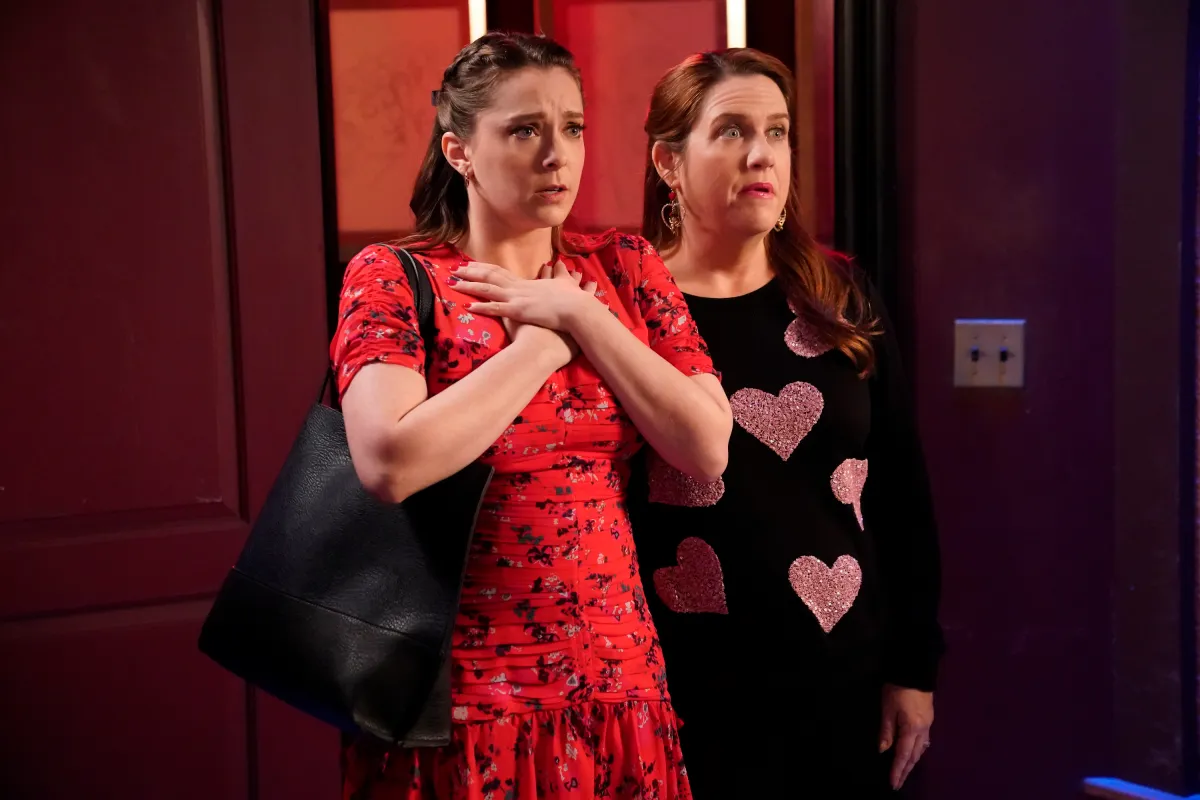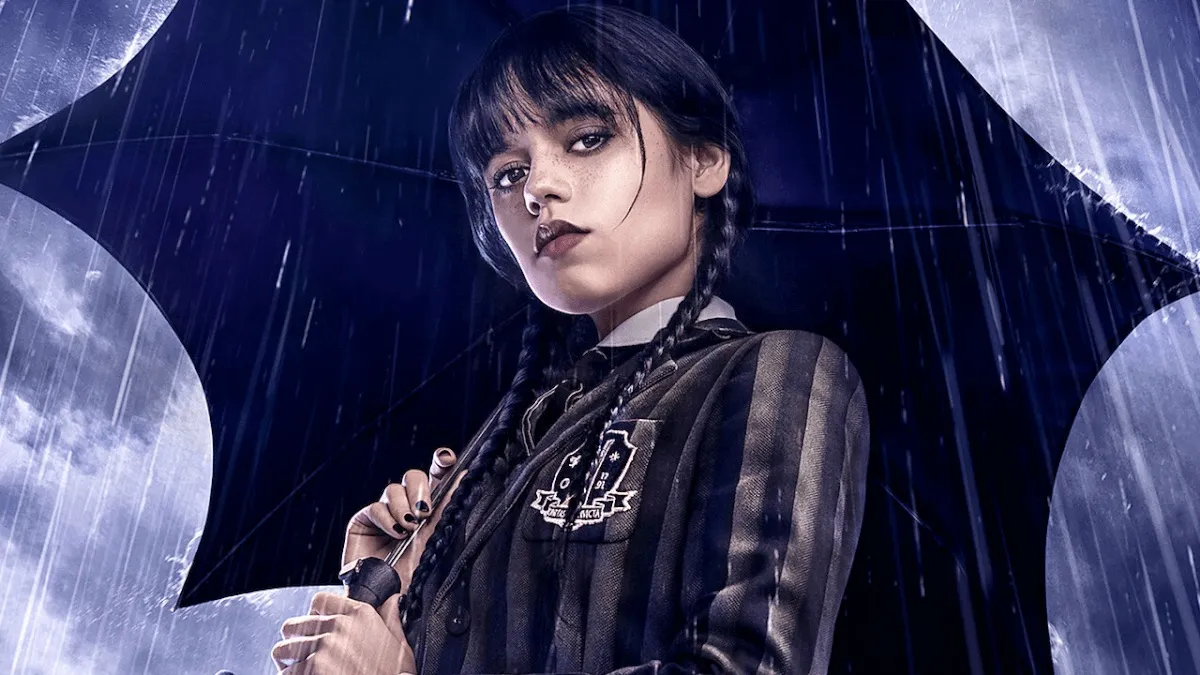The Annenberg Inclusion Initiative, home of many important studies on representation in film and television, released a study on mental health depictions in media. Since this is Mental Health Awareness Week, let’s talk a little bit about this study and why it is so important. Americans who live with mental illness deserve better representation, and more inclusive representation, than what we currently have.
An article published by USC News summarizes the study succinctly, stating, “Fewer than 2% of all film characters and roughly 7% of TV characters experience mental health conditions on screen. In contrast, close to 20% of the U.S. population experiences some form of mental health condition or illness per year. The majority of portrayals also feature straight, white, adult males.” The article also points out how few LGBTQ characters have mental health struggles, whereas the community is three times as likely to deal with mental health conditions.
The portrayal of mental health in media is as important as any other kind of representation. One quote from the study itself states that “Nearly half (47%) of the characters with a mental health condition were disparaged by other characters in film and 38% in TV.” They also displayed stigmatizing behaviors, such as being prone to or driven to violence. The study points out that this leads to a continued belief that those with mental illnesses are more dangerous to society.
1 in 5 Americans experience mental illness, and 1 in 25 will live with a serious mental illness. This isn’t something niche, but rather something that deserves to be portrayed with respect. Mental health is something deeply stigmatized, so by normalizing not only living with mental illness but getting treatment and help. This ranges from a character getting therapy to a character talking about their struggles and how they cope with them. There’s a reason there’s a great hashtag called #TalkingAboutIt where those who deal with mental illness can talk about their struggles and successes.
Take for example how, in a third season episode of Crazy Ex-Girlfriend, Rebecca Bunch deals with her own diagnosis of borderline personality disorder, commonly called BPD. The first thing her therapist does is advise her not to Google it, but Rebecca does and immediately panics because the disorder sounds terrifying. It’s only after her therapist talks her through the diagnosis and she engages with treatment that she realizes that her diagnosis is not the end of the world. There’s even a great song in season four about how many people do take medications to deal with their illnesses.
Obviously, Crazy Ex-Girlfriend is explicitly about mental health. But if your favorite sitcom featured a character who dealt with depression (thank you, One Day at a Time) or if a character’s mental health wasn’t code for “murderer” in a horror movie, or even if we see more of Sam Wilson leading a group therapy session like in Captain America: The Winter Soldier, the world might be a less terrifying place for those of us who deal with mental illness.
We have a long way to go for representation across the board. Mental health deserves better depictions in film and television, and hopefully we’ll see a future in which mental illness isn’t code for violence or stigmatized behavior in all genres, not just shows that explicitly tackle mental health.
(via Annenberg Inclusion Initiative, image: Greg Gayne/The CW)
Want more stories like this? Become a subscriber and support the site!
—The Mary Sue has a strict comment policy that forbids, but is not limited to, personal insults toward anyone, hate speech, and trolling.—









Published: Oct 7, 2019 03:30 pm